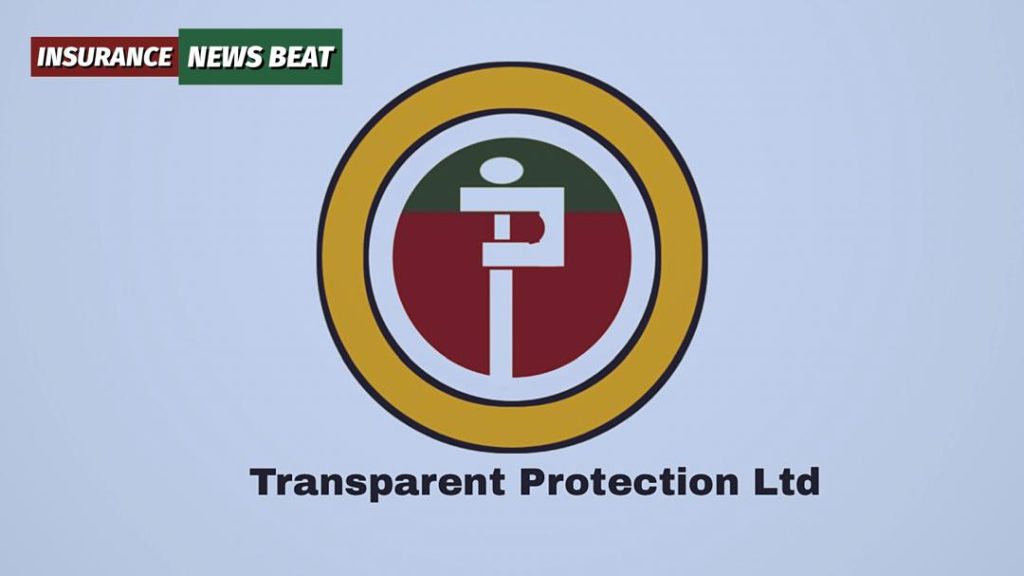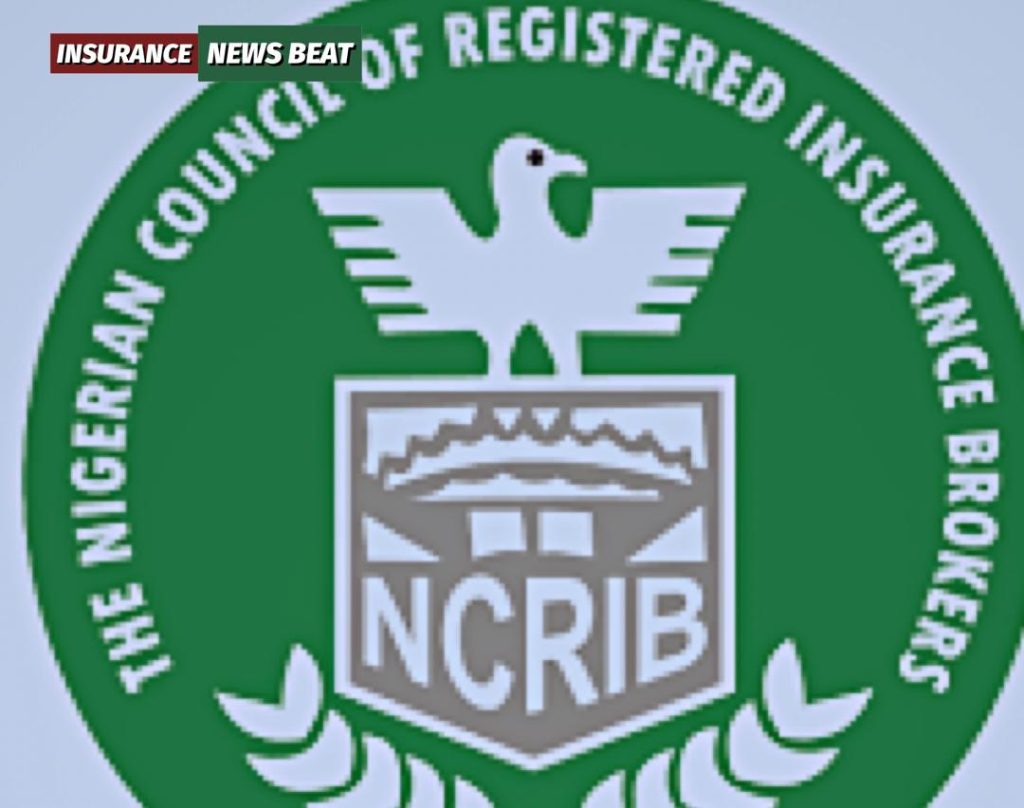Transparent Protection Limited/Gte (TPL) Opposes Proposed Hike in the Minimum Capital in the Insurance Reform Bill 2024
In the ongoing debate over the Insurance Reform Bill 2024, Transparent Protection Limited/Gte (TPL), a pioneer insurance-sector-specific non-government organization in Nigeria, has thrown its weight behind the Nigerian Insurers Association (NIA) for a lower minimum capital requirement for insurers.
The bill, whose public hearing was conducted by the Senate Committee on Banking, Insurance, and Other Financial Institutions at the premises of the National Assembly in Abuja on Friday, July 26, 2024, proposes a minimum capital of N25 billion for non-life insurance, N15 billion for life insurance, and N45 billion for reinsurance.
At the said public hearing, TPL argued that the proposed high capital thresholds pose a significant challenge to the sector’s attractiveness, especially given the existing low premium levels. The insurance-sector-specific NGO advocates for a more accessible market, which it strongly believes is crucial for fostering competition and innovation.
It would be recalled that in 2013, the IMF and the World Bank jointly called for a lower minimum capital in the insurance industry in Nigeria. The duo observed:
Given the existing premium volume, the high capital requirements present a challenge to the attractiveness of the sector. Minimum capital requirements are high compared to other developing countries. …While high capital is sensible to ensure professionalism in the industry, there is a need to study the appropriateness of the capital requirement to balance risk, return, and market development. The minimum paid-up capital should be evaluated when introducing risk-based capital so that capital adequacy will reflect the risks that the insurer takes on.
According to TPL, at this time when a risk-based capital regime is being introduced, it will be advantageous to take into consideration the advice of the IMF and the World Bank. What Nigeria needs is not an unduly high minimum capital regime, but more capitalized reinsurance companies. This will help prevent capital flight. At least, 5 big reinsurance companies should be established in the next ten years.
At the same time, TPL has contended that licenses for brokers and loss adjusters should not be tenured as proposed in the Bill. The NGO argued that since the bill already grants the National Insurance Commission (NAICOM) the authority to suspend or cancel licenses as necessary, there was no more necessity for tenured licenses, which come at a huge cost to the brokers and the public.
The debate over the Insurance Reform Bill, 2024 continues as stakeholders await further decisions from the National Assembly and NAICOM. We are convinced that the outcome will significantly impact the future landscape of Nigeria’s insurance industry.
In the ongoing debate over the Insurance Reform Bill 2024, Transparent Protection Limited/Gte (TPL), a pioneer insurance-sector-specific non-government organization in Nigeria, has thrown its weight behind the Nigerian Insurers Association (NIA) for a lower minimum capital requirement for insurers.
The bill, whose public hearing was conducted by the Senate Committee on Banking, Insurance, and Other Financial Institutions at the premises of the National Assembly in Abuja on Friday, July 26, 2024, proposes a minimum capital of N25 billion for non-life insurance, N15 billion for life insurance, and N45 billion for reinsurance.
Also read Nigerian Insurers Association Opposes Proposed Capital Base Hike in Reform Insurance Bill
At the said public hearing, TPL argued that the proposed high capital thresholds pose a significant challenge to the sector’s attractiveness, especially given the existing low premium levels. The insurance-sector-specific NGO advocates for a more accessible market, which it strongly believes is crucial for fostering competition and innovation.
It would be recalled that in 2013, the IMF and the World Bank jointly called for a lower minimum capital in the insurance industry in Nigeria. The duo observed:
Given the existing premium volume, the high capital requirements present a challenge to the attractiveness of the sector. Minimum capital requirements are high compared to other developing countries. …While high capital is sensible to ensure professionalism in the industry, there is a need to study the appropriateness of the capital requirement to balance risk, return, and market development. The minimum paid-up capital should be evaluated when introducing risk-based capital so that capital adequacy will reflect the risks that the insurer takes on.
Also read Private Health Providers Withdraw from NHIS Over Rising Costs
According to TPL, at this time when a risk-based capital regime is being introduced, it will be advantageous to take into consideration the advice of the IMF and the World Bank. What Nigeria needs is not an unduly high minimum capital regime, but more capitalized reinsurance companies. This will help prevent capital flight. At least, 5 big reinsurance companies should be established in the next ten years.
At the same time, TPL has contended that licenses for brokers and loss adjusters should not be tenured as proposed in the Bill. The NGO argued that since the bill already grants the National Insurance Commission (NAICOM) the authority to suspend or cancel licenses as necessary, there was no more necessity for tenured licenses, which come at a huge cost to the brokers and the public.
Also read Stakeholders Clash Over Bill to Amend Nigeria Deposit Insurance Corporation Act
The debate over the Insurance Reform Bill, 2024 continues as stakeholders await further decisions from the National Assembly and NAICOM. We are convinced that the outcome will significantly impact the future landscape of Nigeria’s insurance industry.




